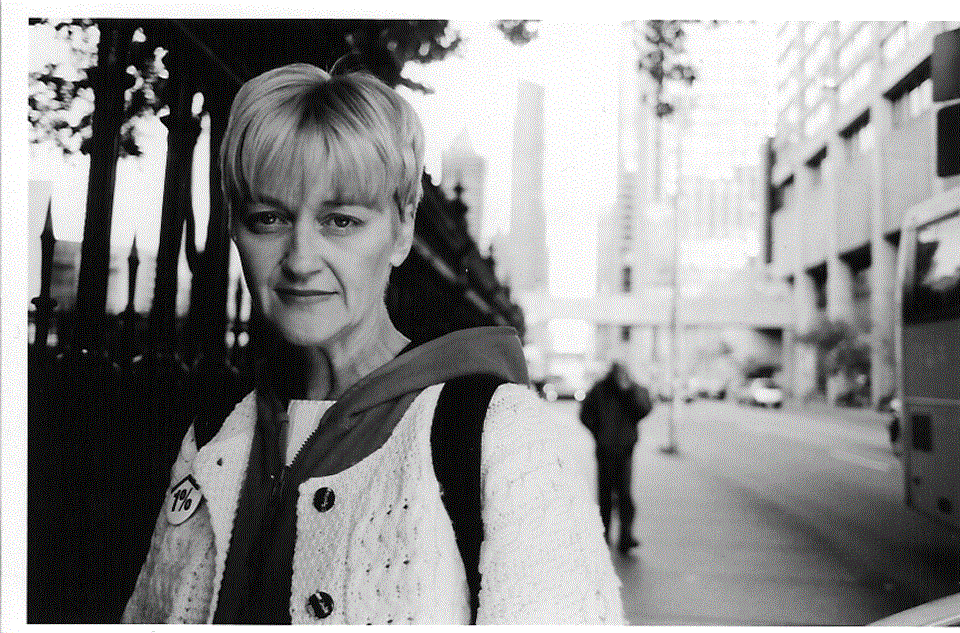One can’t remain silent when it comes to the homeless and the unhoused; it’s integral that people raise their voices to all levels of government to see real action.
That was the message delivered by advocate Cathy Crowe, a Member of the Order of Canada, to a virtual audience to mark International Women’s Day earlier this month.
A well-known pioneer of street nursing and the author of A Knapsack Full of Dreams and Dying for a Home, Crowe has most recently focused her pen and her voice to highlight “the infrastructure of displacement,” as well as the voices of those with lived experience of homelessness.
“The term ‘street nurse’ was coined over 30 years ago by a homeless man who saw a couple of us nurses at Sherbourne and Dundas in the heart of downtown Toronto,” Crowe told the Zoom audience during a question-and-answer session led by Reccia Mandelcorn, manager of community collaboration for the Aurora Public Library.
“We were walking back from a meeting back to our office, a nursing clinic for people who were homeless, and he yelled across the street, ‘Hey, Street Nurse,’ and it was meant to be an absolute compliment as people did refer to their best friend, for example, as a Street Brother, Street Family – it was an absolute compliment and the term struck. While it doesn’t encompass homeless families and children, for example, because they’re not on the street. It is commonly understood to be a nurse that is practising providing mostly health care to people who are homeless.”
While Crowe says she gave up her active nursing licence as a “political statement” in solidarity with her fellow nurses against what she describes as “devastating policy decisions affecting health care” by the provincial government, she’s still an RN who feels her “work is not yet finished.
Through her books, she says she wanted to leave a legacy for people of all ages, but particularly students to show that, with her own history in successful advocacy, there’s “always a step forward.”
“There is always something you can do and strategize on, so I wanted to give back that hope,” she says. “I think it is important to organize, it’s important to teach organizing, it’s important to teach political action in a way that is not academic, that is down to earth. I think I have tried to do that.”
To underscore her point, she cites a memorable quote from the film Crouching Tiger, Hidden Dragon: “A sword by itself rules nothing; it only comes alive in skilled hands.” It’s a line she says “expresses the sentiment of the human struggle for justice.”
“When I begin a chapter, I really describe how I learned nothing of this in nursing school about social justice and how to create campaigns or struggles. Fortunately, or a good chunk of my career I have seen political engagement as such an integral part of my job that I learned to do both.”
Her answer to the question on what power the individual might have to make a difference lies in what she said was her personal “one-third-one-third-one-third” formula.
“Think about what is the issue that is close to your heart that you care about, that you want to make a difference on, or that you want to learn about. Think about allocating a third of your energy and your time, your letter-writing, maybe your donation to the downstream piece of that. In the case of homelessness, it would be donating to a local women’s shelter or calling up a family shelter to say, ‘What could our women’s group collect for you?’
“The unhoused population, and not just in Toronto, is living in hell, and living in fear, and living in worsening health and risk of death. When I first began this work, I knew the name of every single person on the homeless memorial outside the Eaton Centre and there used to be one death every month or every couple of months. Now it’s between 12 and 15 every month.
"The conditions in shelters in some cases, believe it or not, are worse than UN refugee camps and it is very difficult to show that. The biggest thing people don’t understand is there’s a lot of talk about right to housing but there’s not a right to shelter. We have a right to housing in federal legislation which is a joke because it is clearly not happening, but we don’t have a right to shelter.”
Brock Weir is a federally funded Local Journalism Initiative reporter at The Auroran



